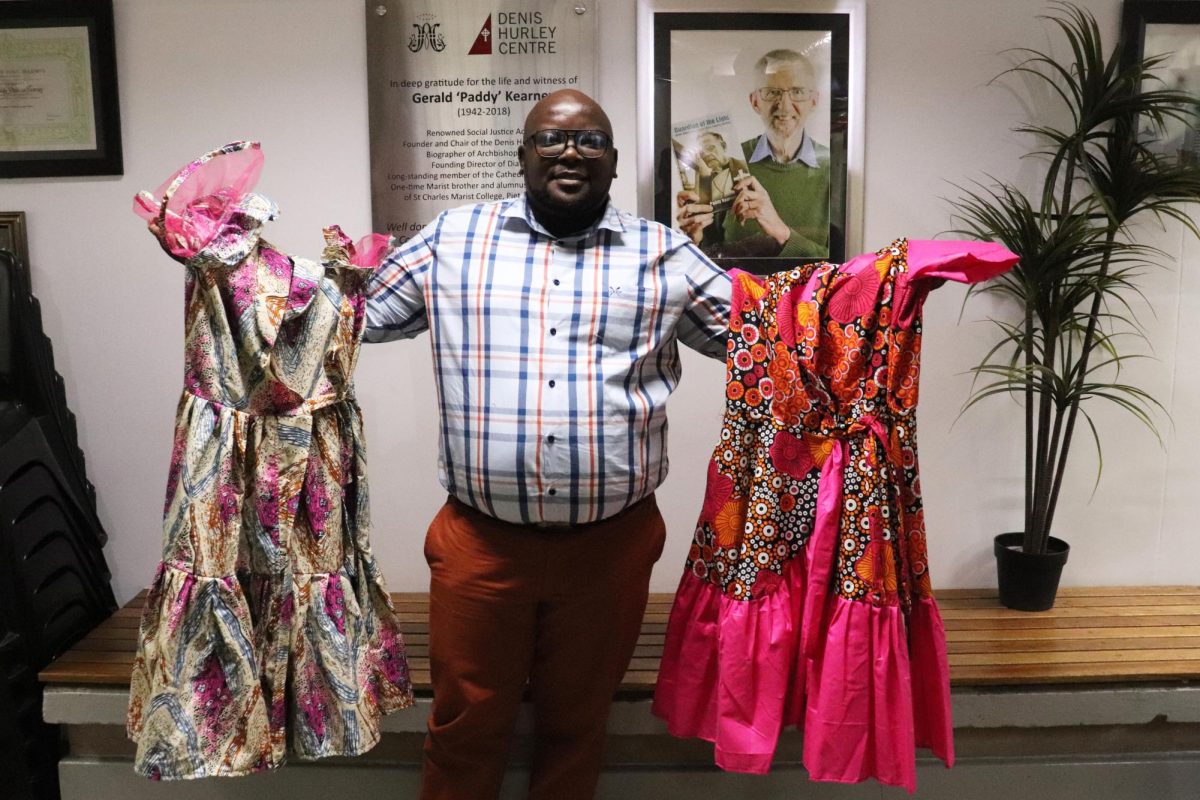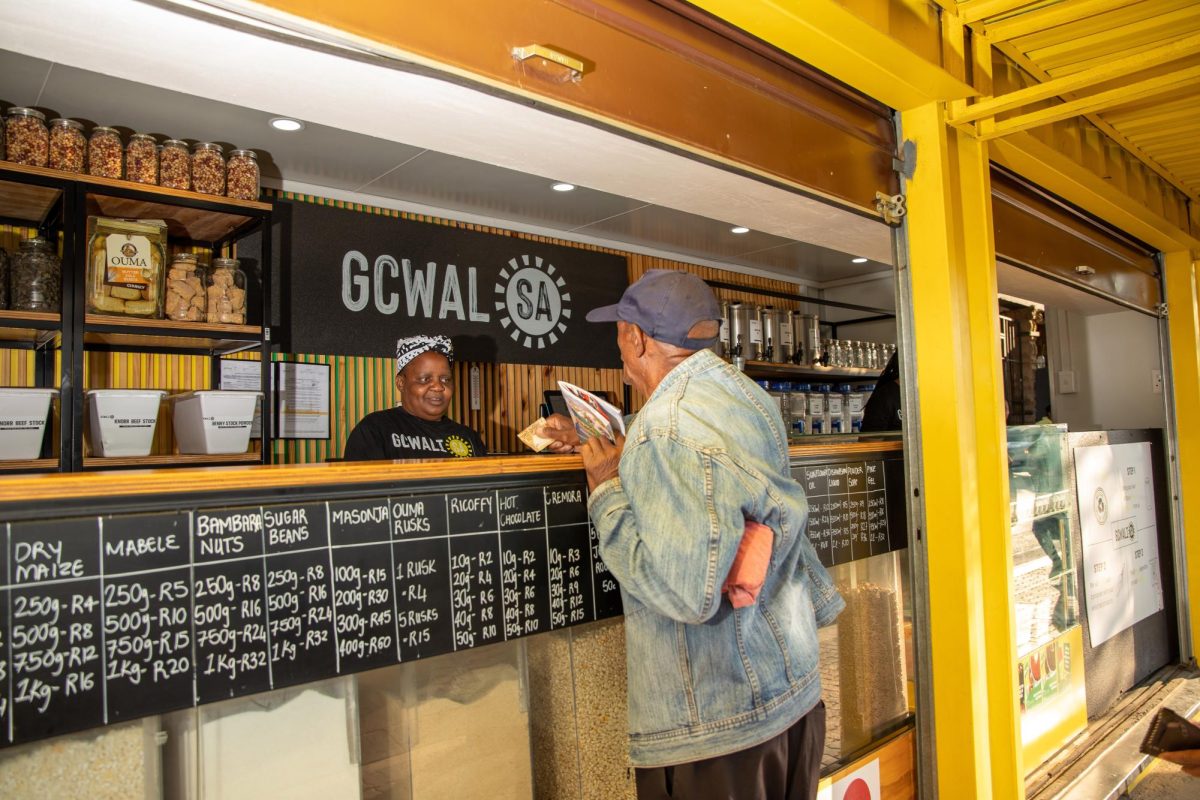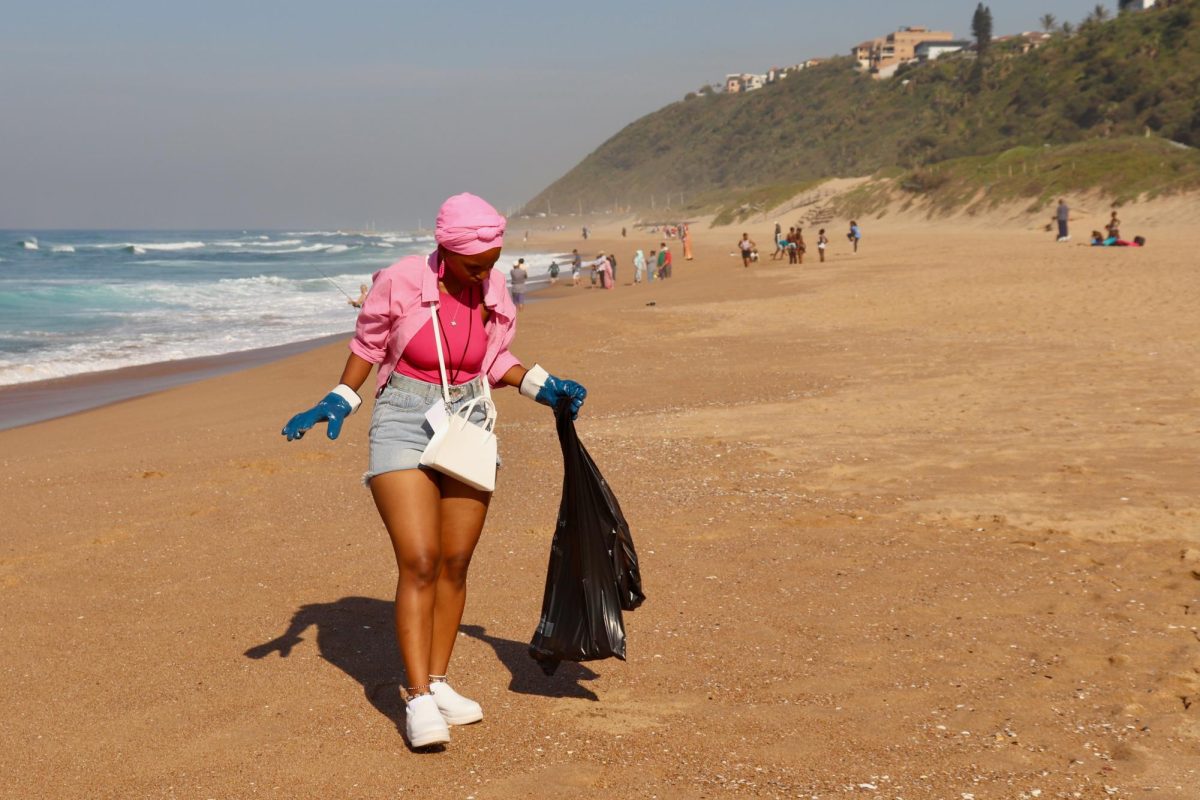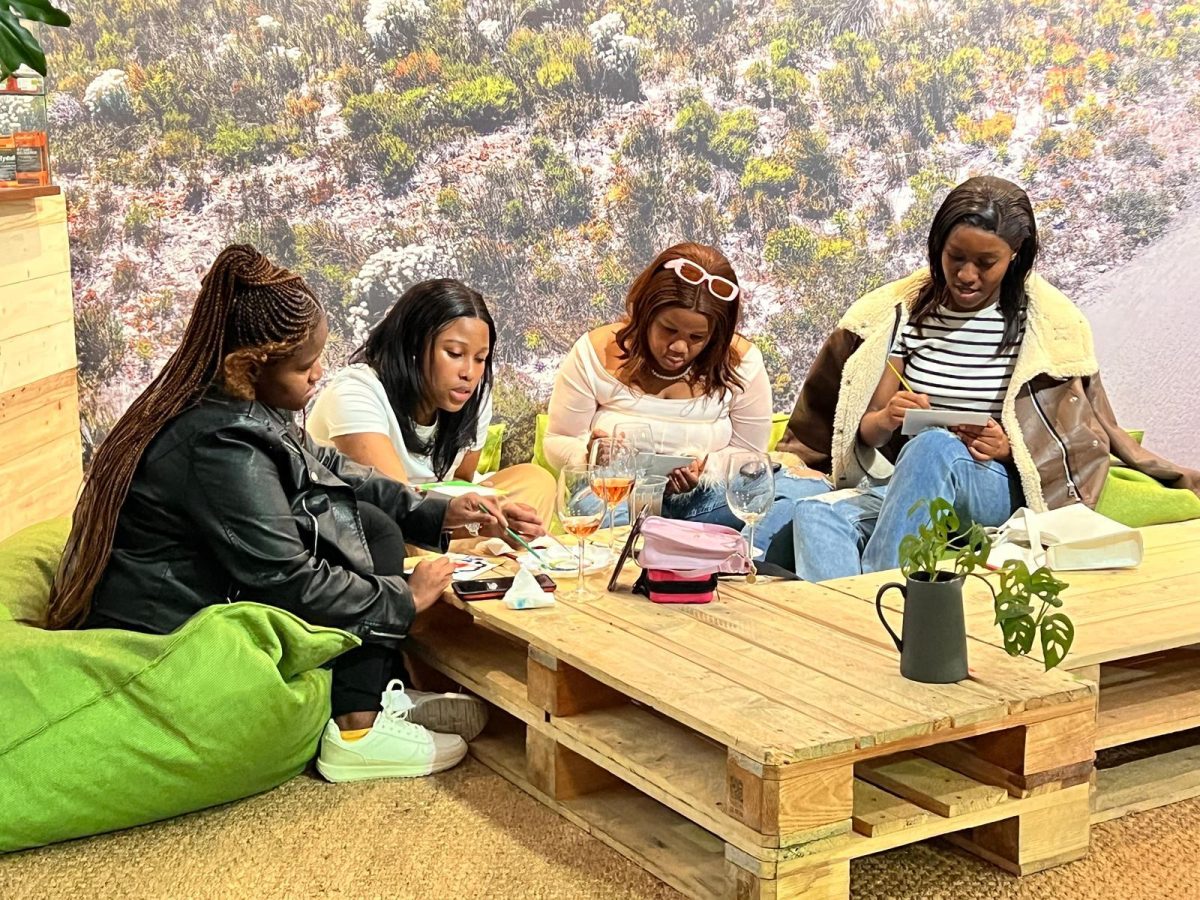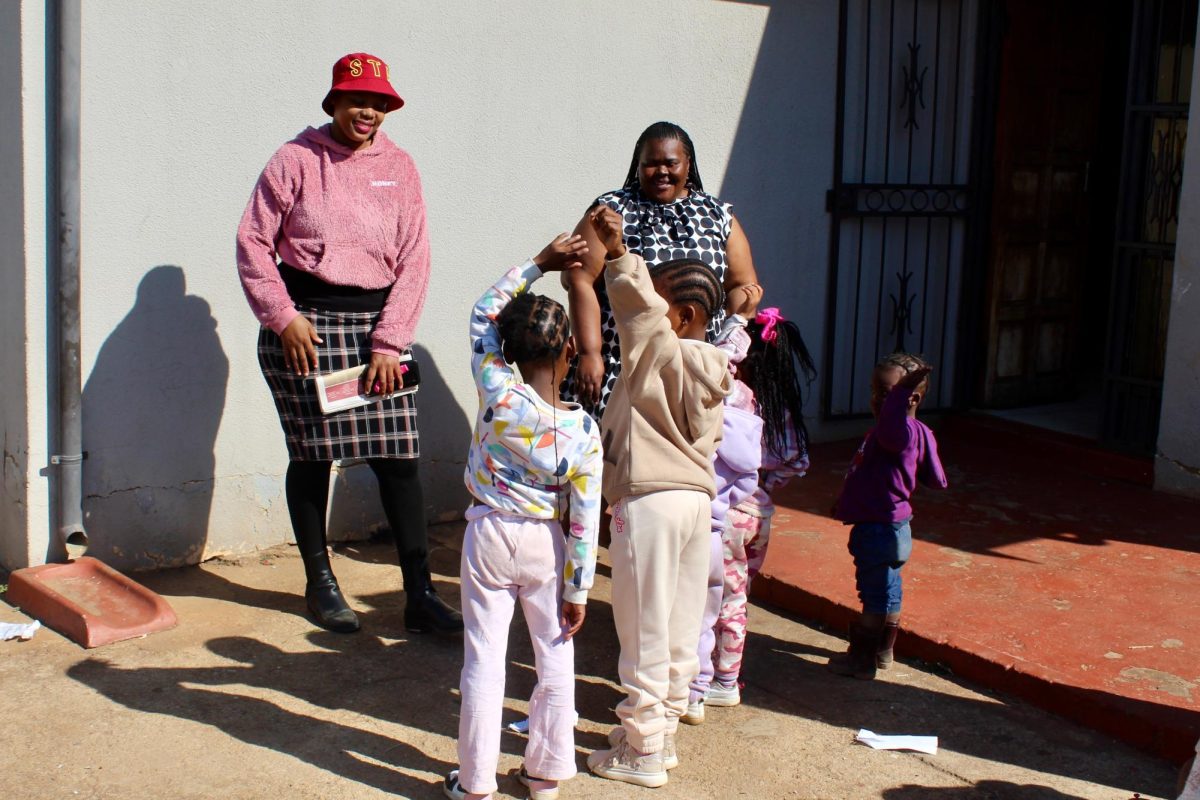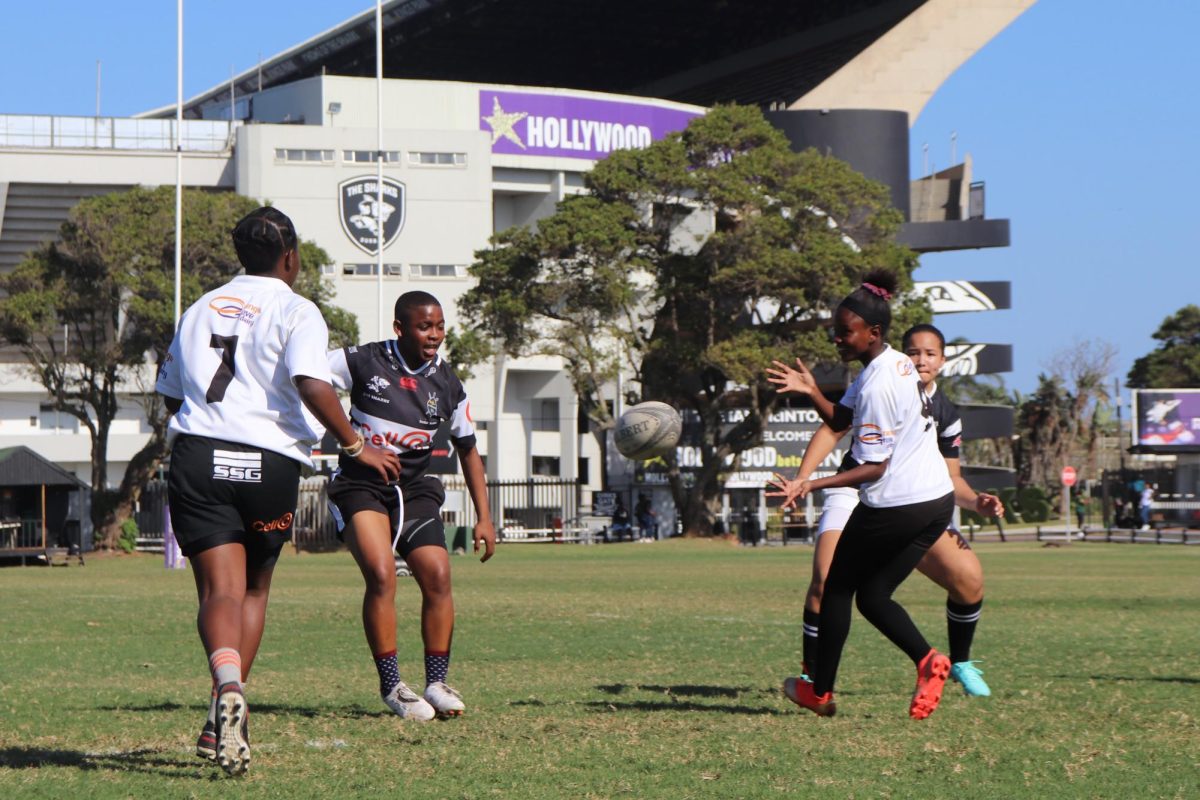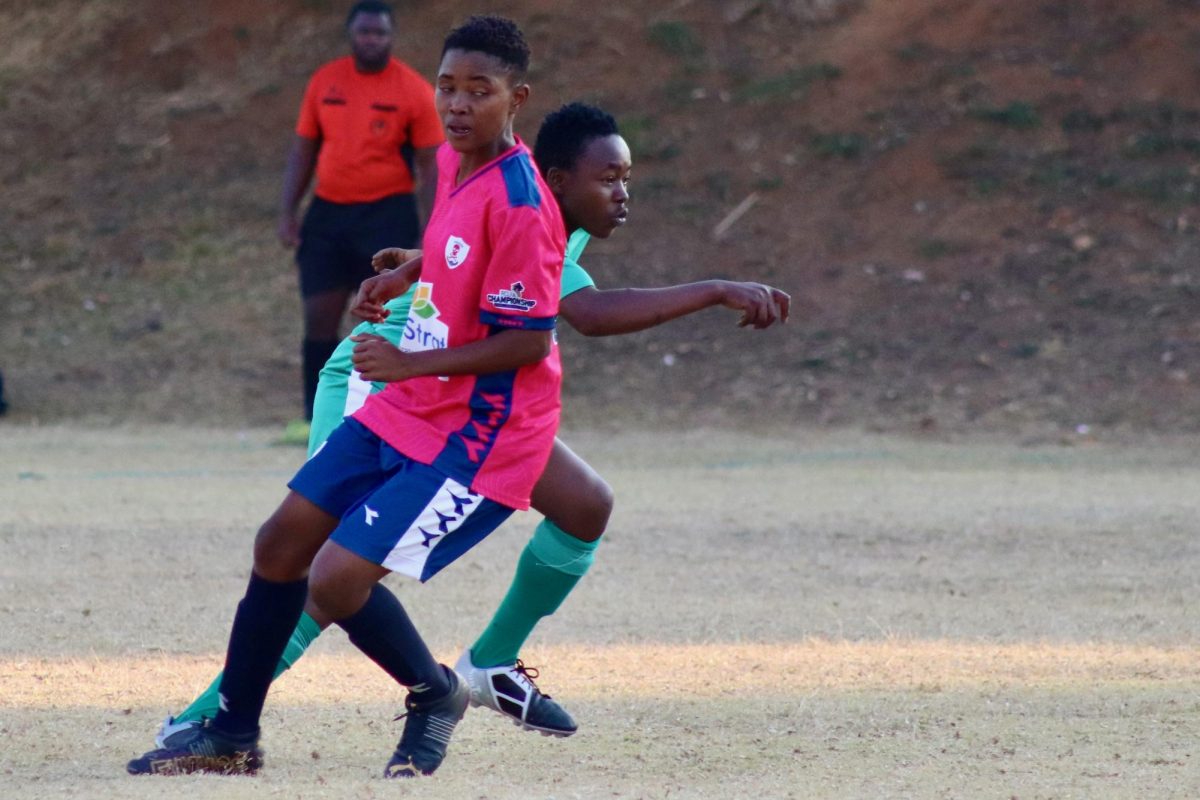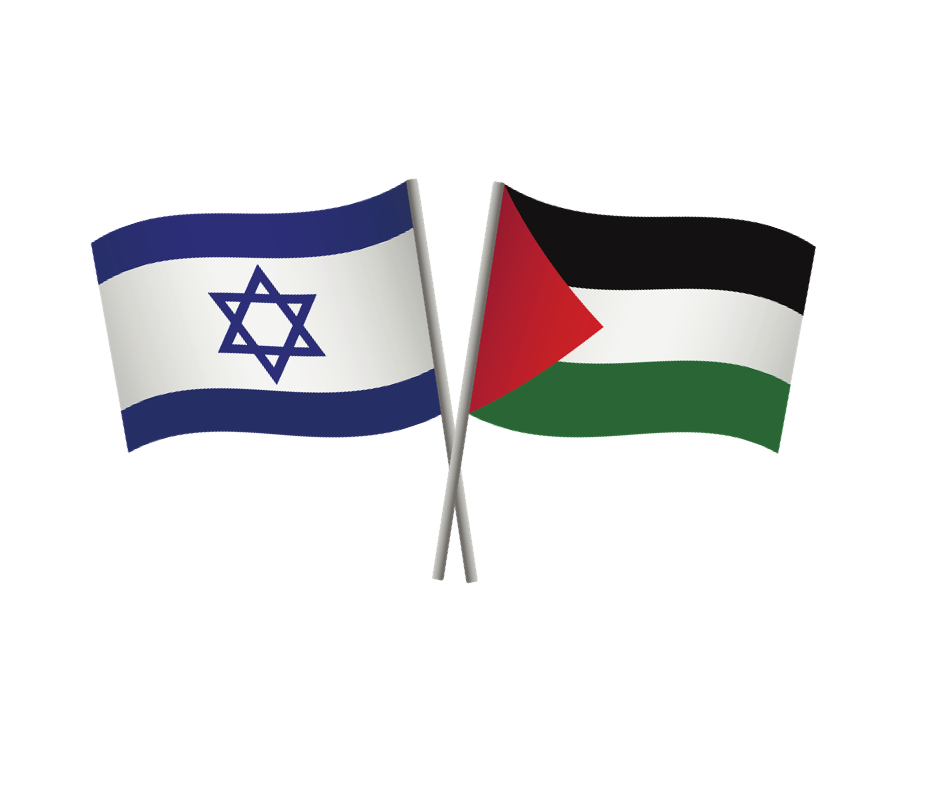Students and faculty across the St. Joe’s community are finding ways to initiate and navigate difficult conversations in their classes surrounding the most recent Israel-Hamas conflict.
The conflict was brought to many students’ attention for the first time after the Oct. 7 attack on Israel by Hamas fighters from the Gaza Strip who killed 1,400 Israelis and kidnapped at least 250. Since then, Israel has responded with military assaults and airstrikes on Gaza, home to over 2 million people. At least 10,000 Palestinians have been killed as of Nov. 6, including at least 4,000 children, according to the Hamas-run Palestinian Ministry of Health in Gaza and the United Nations (U.N.) humanitarian affairs coordination office.
In the wake of increasing violence and news coverage around the world, some professors have provided students with a space to ask questions about and discuss Hamas’ Oct. 7 attack on Israel, Israel’s retaliation and the ongoing 75-year conflict in Israel and occupied Palestinian territories.
Amber Abbas, Ph.D., associate professor of history and director of the Nealis Program in Asian Studies, said she always incorporates the “history of Palestine and the Arab-Israeli conflict” in her syllabus for Forging the Modern World. When the conflict escalated to violence again in October, Abbas said she felt a need to address it.
“If you’re coming to it for the first time as a person becoming aware of things happening in the world, it’s very difficult to get access to reliable historical timelines and context,” Abbas said. “So it’s my job as an educator to provide that.”
Though it is normally taught towards the end of the semester, Abbas said her students were “overwhelmingly in favor” of focusing on the history of Israel and Palestine earlier than usual. She had students anonymously write down questions, which she said “fell into three buckets”: “What is the history?,” “How is the United States involved?” and “What can we do about it?”
“I used those three categories to talk a little bit more with them to answer some specific questions,” Abbas said.
Like Abbas, Adam Gregerman, Ph.D., professor of theology and associate director of the Institute for Jewish-Catholic Relations, is pushing certain topics ahead on his class schedule because they apply to the conflict.
“My focus is on religious issues, in particular Muslim, Jewish and Christian views of and attachment to Jerusalem and the land of Israel,” Gregerman wrote in response to written questions from The Hawk. “Because of recent events, I have introduced some of that material earlier in the semester than I typically would.”
Umeyye Isra Yazicioglu, associate professor of Islamic studies in the department of theology and religious studies, has also touched on the conflict in some of her classes and praised her students’ willingness to learn and be open-minded.
“A couple of them said, ‘we had no idea about the context. We don’t know and we’re open to looking into this more,’” Yazicioglu said. “One of my students said she’s praying for peace.”
Susan Clampet-Lundquist, Ph.D., professor of sociology, said her course content does not directly connect to the Israel-Hamas conflict, but she decided to mention it in her classes in response to student interest. She said her students took the critical analysis framework of her classes and applied it to their conversation, which included discussions of social media.
“We talked a good deal about the role of social media, what was showing up in [students’] feeds and how to discern truth from fiction,” Clampet-Lundquist said, “also, recognizing the limits of social media in terms of a topic as complicated as this. It’s very easy to get misunderstood, and it’s very easy to say something so brief that really doesn’t capture the horrors and the nuance.”
James Zogby ’27, a history major, acknowledged he mostly sees his peers discussing the conflict on social media as opposed to in-person discussions.
“I feel like there’s a lot of inflammatory headlines that people might not do their full research on before sharing,” Zogby said. “It just leads to a hostile environment that feels like you can’t open the app without being bombarded with these things.”
The difficulty of meaningful conversation is further complicated by the variety of factors that need to be discussed in order to understand the conflict, said Philip Cunningham, Ph.D., director of the Institute for Jewish-Catholic Relations and professor of theology. Religious and cultural history, economic hardships, political infighting and foreign influence are just some of the complex topics that impact the current situation, he said.
“The situation that currently exists in the Middle East is overly simplified if somebody just talks about Israelis versus Palestinians,” Cunningham said. “It is much more complicated than that. It involves the world superpowers in the entire 20th century and those superpowers changed characters over time.”
Cunningham also stressed the importance of understanding multiple perspectives.
“Multiple points of view, and not just two, it’s not Israeli/Palestinian, multiple points of view have to be encompassed in one’s thinking in order to really get a grasp on what’s going on,” Cunningham said.
Abbas and Richard Gioioso, Ph.D., associate professor of political science and director of the international relations program, both emphasized the importance of teaching students how to think, rather than what to think.
“I have found that many students are absolutely open to discussing, to learning, to exploring and are curious to figure out what they think of it, how they themselves analyze it, what they understand about it and how to figure out their own position,” Gioioso said.
Students can then bring their perspectives to conversations surrounding peace and equality, said Alec Mettin ’24, international relations (IR) major and president of University Student Senate.
“You have people of different backgrounds and understandings and relations to the topic,” Mettin said. “It’s really hard to say uniformly, ‘this is the best approach to [these discussions].’ But I do think [in] our tradition of Jesuit education and Catholic education, we stand with the oppressed and the marginalized, and it’s important that we have conversations about global events because of that.”
No matter the topic, respecting the Catholic social teaching principle of the dignity of the human person is “our fundamental job,” Abbas said.
“We have a responsibility to help people who are in danger, people who are experiencing harm, to find [a] home,” Abbas said. “We need to remember that, on our own campus and in the ways that we engage with people beyond the boundaries of our campus.”







